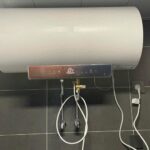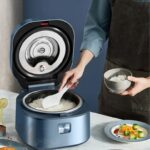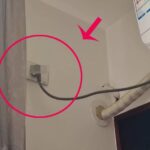There are a plethora of water heaters on the market, with various designs, capacities, and power ratings. Not everyone can choose the right water heater for their home. After changing my water heater three times, I realized that buying one should follow the “5 Don’ts” rule.
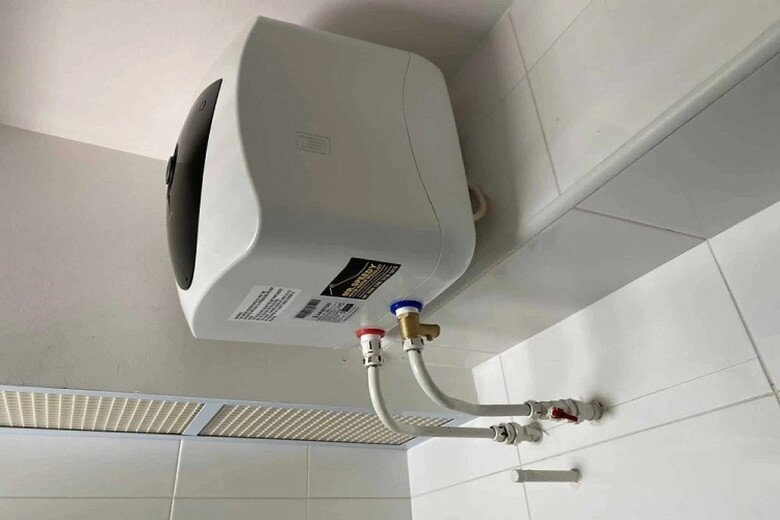
1. Don’t buy instant heating types; choose storage water heaters instead
When purchasing a water heater, the first thing to note is to choose a water storage type (indirect water heater) rather than an instant heating type (direct water heater).
The water storage type heaters are traditional electric water heaters with a water tank. Instant water heaters do not have a water tank and can heat water immediately. This is because instant water heaters often have the following three drawbacks:
– High power consumption: The most common power rating is 5000 ~ 6000 watts. For regular households, they may trip the circuit when used. Moreover, you may find that it is unusable after installation, resulting in a waste of money.
– Unstable water temperature: The area where the instant water heater is installed needs high water pressure and stable voltage; otherwise, you will experience varying water flow rates and temperatures. In addition, the heating temperature of instant water heaters is typically around 45 – 55 degrees Celsius, making them unsuitable for extremely cold environments.

2. Don’t buy a water heater that is too big or too small
When buying a water heater, the capacity is very important. You should not buy one that is too large to avoid wasting water, electricity, and space.
On the other hand, buying a water heater with too small a capacity may result in insufficient hot water, causing inconvenience. Therefore, you should buy a water heater with a capacity that meets your family’s needs.
Specifically, a capacity of less than 20 liters is suitable for small households of 2-3 people in a compact space. A 30-liter capacity can provide enough hot water for a family of five without a long wait.
3. Don’t choose an unbranded water heater
When selecting a water heater, opt for a well-known brand and don’t compromise for cheap, unbranded products. Buying an unbranded product may lead to more frequent accidents, such as electrical leaks or water heater explosions, or poor warranty services.
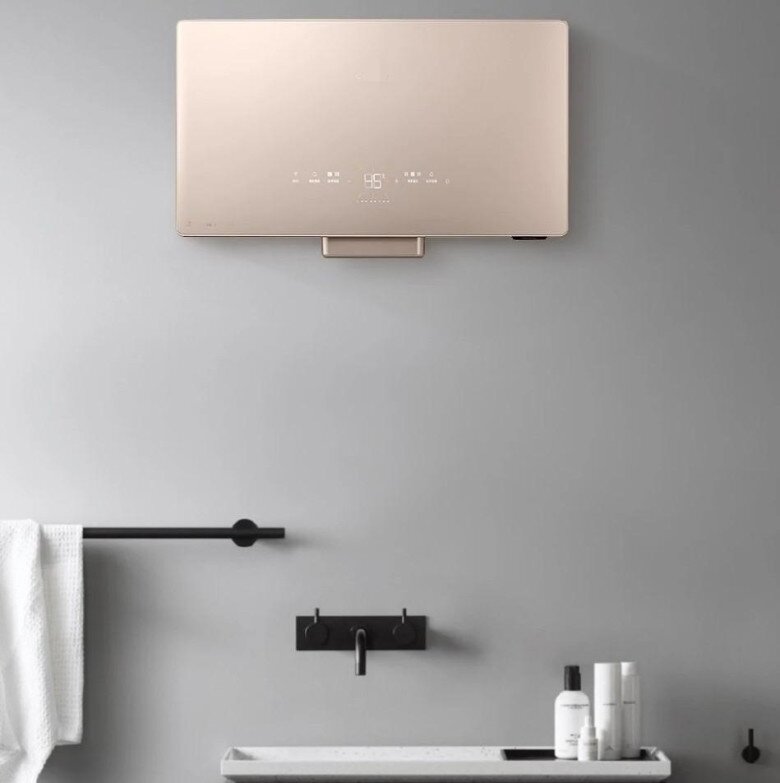
4. Don’t choose imported products; opt for domestic ones instead
When buying a water heater, you should choose a domestically produced one rather than an imported one. There is no problem with choosing an imported water heater if you can afford it.
However, compared to domestically produced water heaters, imported ones tend to be more expensive for the same performance and specifications, resulting in unnecessary financial waste.
5. Don’t choose a standard inner tank coating
The water heater’s tank is a crucial component. A high-quality tank ensures better safety and durability. Therefore, you should avoid choosing a standard inner tank coating.
Instead, opt for a product with an enamel coating, which helps prevent corrosion and reduces dirt and grime buildup. These products are slightly more expensive than uncoated tanks but are worth the investment.
























